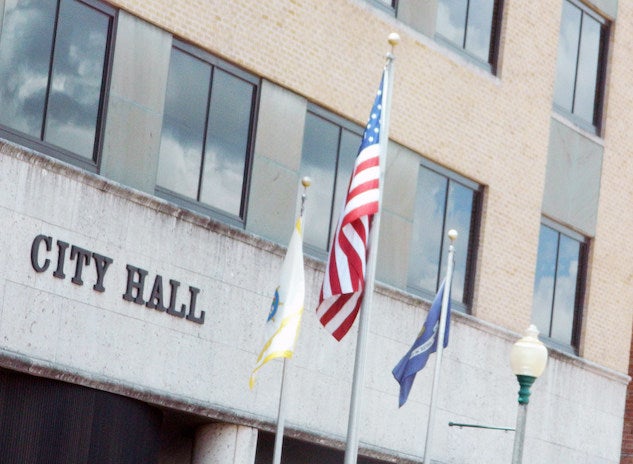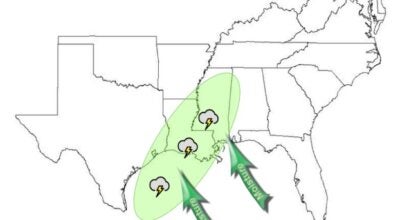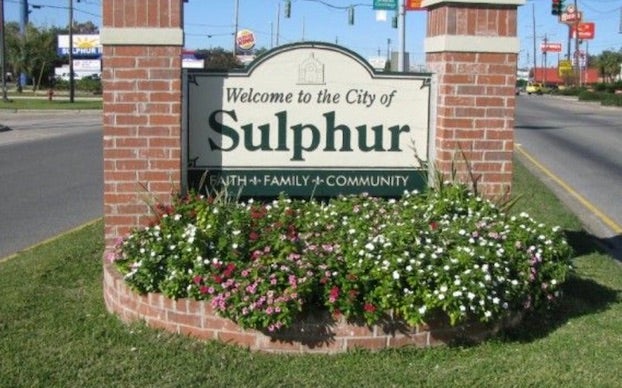City awarded $2.9M in FEMA funding for generators
Published 10:52 am Thursday, January 5, 2023

- Lake Charles City Hall
The city of Lake Charles received $2,945,000 in Federal Emergency Management Agency funding for the Lake Charles Generators Project.
This $2.94 million will be distributed through FEMA’s Hazard Mitigation Grant Program, a program that provides funding for eligible mitigation projects that will reduce future disaster losses.
This is a traditional practice of FEMA, said Lake Charles Mayor Nic Hunter. “After a natural disaster, especially to the extent that we experienced over the last couple of years, FEMA will provide what’s called… HMGP dollars.”
Calcasieu Parish was the primary recipient of an allocation of the HMGP dollars, with Lake Charles being a sub-recipient. Out of the total pot, Hunter said Lake Charles received “somewhere in the tune of $8 to 9 million.”
The $2.94 million was announced by the office of U.S. Sen. Bill Cassidy, R-Louisiana, on Tuesday. “The best way to prevent future devastation in Lake Charles is to put precautions in place like these generators,” he said. “This funding will help Lake Charles be prepared for the next storm.”
“The city of Lake Charles is thrilled to learn of its successful Hazard Mitigation Grant Program application,” said Hunter.
The announced portion of funding will support the design, purchase and installation of 10 new, permanent generators. Eight of the generators will be placed at eight different wastewater lift stations throughout Lake Charles, including one on the coroner of Enterprise and 12th Street and one on the corner of Prejean and 5th Avenue.
Throughout Lake Charles, there are 140 sewer lift stations. These stations are vital, as they transport the wastewater from residences, commercial buildings and medical facilities to wastewater treatment facilities. A number of wastewater lift stations already have generators installed, but a significant number do not.
The reward is a portion of the larger grant of $8 to 9 million. “We are optimistic that the full grant will be approved in due time,” said Hunter. He stated that the vast majority of projects that are being proposed to FEMA for HMGP funds are similar to this portion, with some future generators being retrofits or refurbished generators.
The two remaining generators will be installed side-by-side at the Southwest Water Plant.
Hunter stated that the generators will be emergency and backup power with a goal of uninterrupted services during power outages. “We don’t think about it but when we have a disruption in power, it still takes power to operate certain infrastructure needs for the city of Lake Charles; wastewater and water being two of the largest,” he explained. “You need those operating and powered to make the system work.”
In emergency situations, sewer lift stations without generators require temporary generators, rented generators and pumper trucks to turn them back on. Hunter said to have generators installed at all sewer lift stations will “be a huge step forward in our system.”
Receiving this grant is an indication of progress. “This is a good opportunity to reflect back on a lot of things we’ve done over the last couple of years related to our water and wastewaters systems,” said Hunter. “We always want to build back to be better.”
Over the past couple of years, the city has approved the installation of citywide advanced metering infrastructure, instituted a computerized control system for Lake Charles wastewater plants, ordered additional, fully funded large scale generators, proposed and funded a new sewer loop and proposed a new water plant for southeast Lake Charles.
In addition, water process equipment has been upgraded to be weather resistant and new process controls for anticipated severe weather events have been implemented. These changes are an investment of tens of millions of dollars, said Hunter.
There have been tangible results of these improvements. During the Christmas weekend, Lake Charles residents experienced low water pressure due to the below freezing temperatures. Despite these challenges, the water plants remained operational. Hunter compared this experience to that of the freeze event in February, 2021 in which many water plant issues arose.
“The road to long-term recovery is long, but we are proud of the progress we are making. Steps like this are evidence of enhancing and hardening our infrastructure to be prepared for the future,” Hunter said. “We have a commitment to rebuilding with resiliency.”





